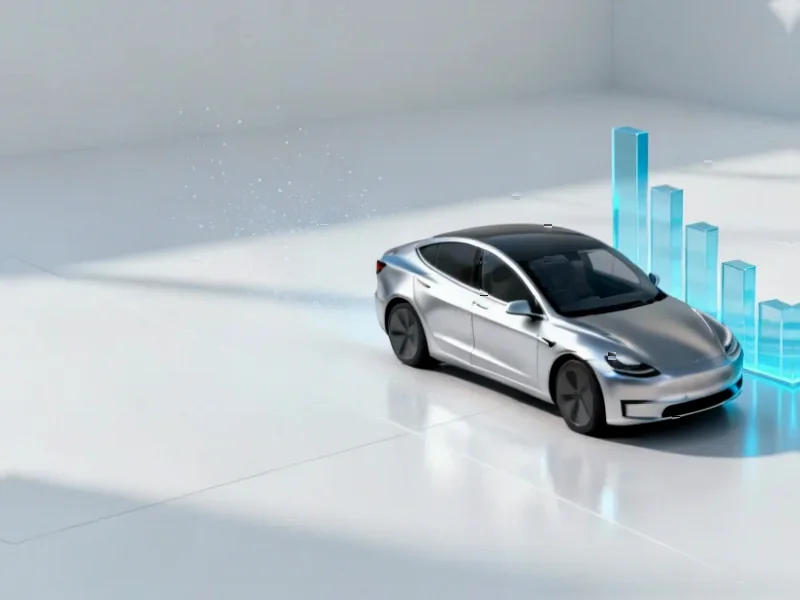According to Forbes, Norway’s Government Pension Fund Global, which holds a 1.14% stake in Tesla worth approximately $11.7 billion as of June, will vote against the company’s proposed $1 trillion compensation package for CEO Elon Musk. This represents the second time in 2024 that the massive sovereign fund has opposed Musk’s pay awards, having previously voted against a $56 billion compensation package earlier this year. The fund’s management stated their position is “consistent” with their opposition to the same award in 2018, citing concerns about “the total size of the award, the structure given performance triggers, dilution, and lack of mitigation of key person risk.” Following the announcement, Tesla’s share price dropped 2.61% to $456.18 in premarket trading. This institutional resistance signals growing concern about executive compensation structures.
The Growing Institutional Backlash
Norway’s sovereign wealth fund isn’t just any investor – with over $1.4 trillion in assets under management, their voting decisions carry substantial weight in corporate governance circles. Their consistent opposition to Musk’s compensation packages since 2018 reflects a broader trend of institutional investors becoming more vocal about executive pay structures that they perceive as excessive or poorly aligned with long-term shareholder interests. What’s particularly significant here is that this isn’t a new position – the fund has maintained this stance across multiple compensation proposals, indicating deep-seated concerns rather than temporary objections.
Broader Market Implications
The timing of this announcement couldn’t be more critical for Tesla shareholders. With the company facing increased competition in the EV space and questions about its growth trajectory, institutional support is becoming increasingly important. The immediate 2.61% stock drop following the news demonstrates how sensitive Tesla’s valuation is to governance controversies. More broadly, this situation sets a precedent for how mega-cap tech companies approach executive compensation in an era where institutional investors are becoming more activist in their approach to corporate governance. Other tech giants with controversial compensation structures may face similar scrutiny from their major shareholders.
The Evolution of Governance Standards
Norway’s fund has established itself as a leader in responsible investing, and their detailed voting rationale highlights specific governance concerns that extend beyond just the dollar amount. Their focus on “key person risk” is particularly relevant for Tesla, given Musk’s central role in the company’s operations and public perception. The concern about dilution speaks to how massive compensation packages can affect existing shareholders’ ownership stakes. This isn’t merely about the size of the package but about establishing sustainable governance practices that can survive leadership transitions – a critical consideration for any company whose valuation is heavily tied to a single individual.
Impact on Tesla’s Competitive Position
From a competitive standpoint, this governance controversy comes at a challenging time for Tesla. While the company continues to innovate, it faces intensifying competition from both traditional automakers and new EV entrants. Governance distractions could potentially slow decision-making or create uncertainty that competitors might exploit. The fact that this marks the second major compensation battle in 2024 alone suggests that these issues aren’t going away, potentially creating ongoing headwinds for the stock. For investors weighing Tesla against other automotive or tech investments, these recurring governance controversies become part of the risk calculus.
What Comes Next for Executive Compensation
The standoff between Tesla and one of the world’s largest institutional investors represents a broader reckoning for executive compensation in the technology sector. As companies continue to reward founders and CEOs with unprecedented packages, we’re likely to see more pushback from institutional investors concerned about governance, dilution, and sustainability. The outcome of this vote could influence compensation committees across the industry, potentially leading to more moderated approaches or different structures that better balance incentive alignment with shareholder protection. For Tesla specifically, finding a compensation solution that satisfies both leadership and major investors will be crucial for maintaining investor confidence during a period of strategic transition.




